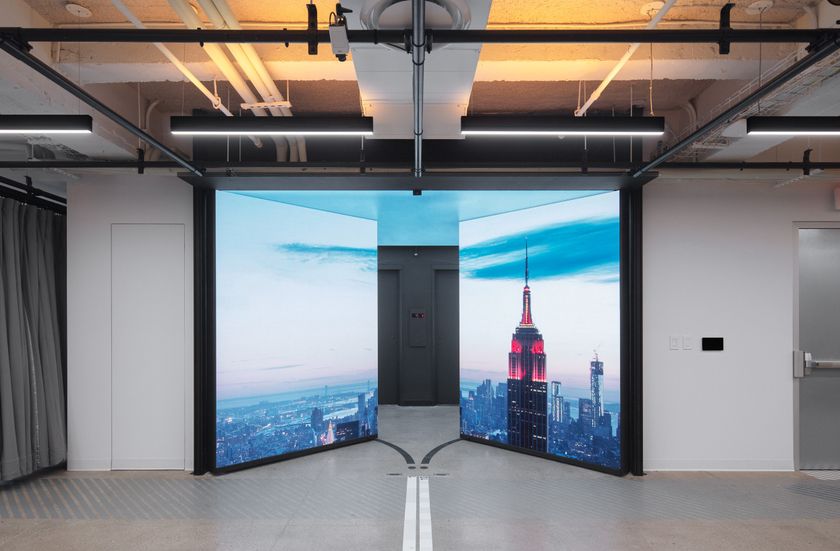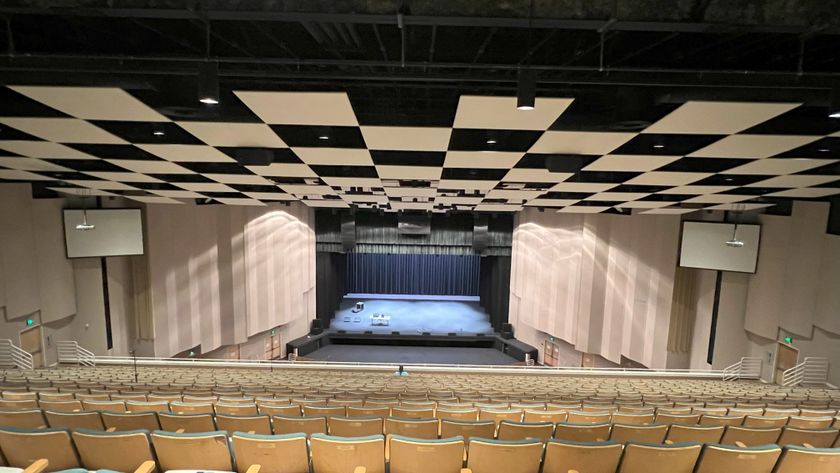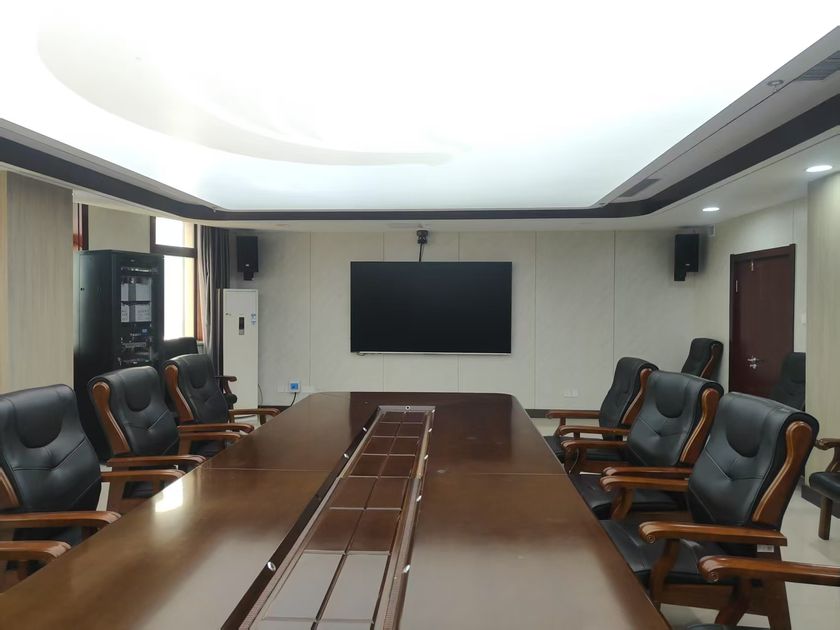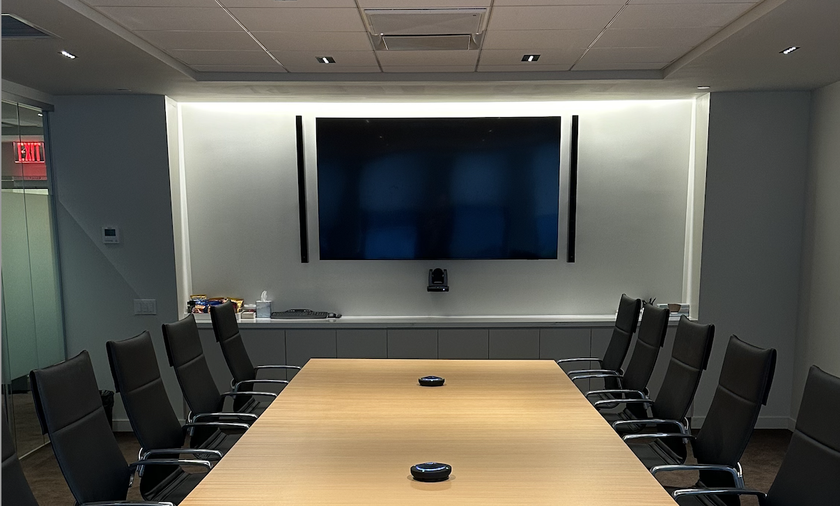Cancer treatment is becoming more complex than ever before, which can cause significant fear, anxiety, and stress for patients. But virtual reality (VR) has the potential to revolutionize the health care industry by easing those fears and helping to train students and physicians.
To tap into all virtual reality has to offer, Moffitt Cancer Center is teaming up with Ringling College of Art and Design. By combining resources, the two institutions will focus on developing creative content for digital health care technologies—such as virtual reality, animations for patient education, and training videos. Delivering breakthroughs with new digital and data capabilities is a major component of Moffitt’s mission over the next 10 years, and partnering with Ringling College will help accelerate progress in research and patient care.
“The collaboration with Ringling College will focus on the patient journey and how we can create meaningful tools to help decrease stress, enhance understanding of upcoming treatments, and connect patients through survivor stories so they don’t feel so alone,” said Sarah Hoffe, M.D., Moffitt’s section head of Gastrointestinal Radiation Oncology.
The partnership will prioritize projects for Ringling College students across all majors, which will expand career opportunities for those students and increase the amount of creative resources Moffitt can offer its patients.
[AR, VR, and MR Enrich Learning Experiences]
“We are grateful for the opportunity to leverage the creativity and talents of Ringling College’s faculty, staff, and students toward making a difficult time a little easier for patients,” said Ringling College of Art and Design president Larry R. Thompson.
“While our instructors and students value the professional advancement this Collaboratory engagement presents for them, perhaps even more impactful is the prospect of using their creativity for a project that will help cancer patients,” added Angela Leed, Ringling College interim faculty project director for the Collaboratory.
Moffitt and Ringling will also explore the possibility of developing a virtual reality health care innovations lab, entering into joint research projects and publications, and establishing a technology lecture series where students and faculty can engage with each other. This teamwork has the potential to change how health care uses technology like virtual reality, looking well into the future of how patients and health care providers interact.










